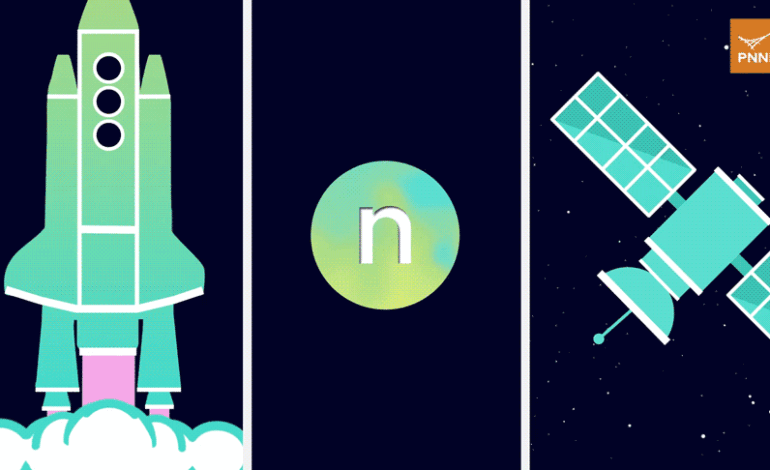PNNL Joins Space ISAC, Enhancing Global Space Security Efforts

Researchers at the Pacific Northwest National Laboratory (PNNL) are expanding their influence in the space sector by joining the Space Information Sharing and Analysis Center (Space ISAC). This collaboration marks PNNL as the first national laboratory from the Department of Energy to engage with Space ISAC, a global organization dedicated to enhancing cooperation across the space industry. The initiative aims to address various threats to space security and assets as the global landscape of space exploration evolves rapidly.
As space missions become more common, with numerous companies entering the fray to develop launch vehicles and spacecraft, the number of operational satellites has surged. Currently, over 11,000 satellites orbit the Earth, and projections indicate that tens of thousands more will be launched by the end of the decade. This increase in activity necessitates robust frameworks for managing risks and ensuring safety in space.
Combining Expertise for Enhanced Space Governance
According to Sarah Frazar, a national security analyst at PNNL, joining the Space ISAC positions the laboratory at the forefront of space technology and governance. She stated, “We have a lot to offer federal and industry partners interested in using nuclear technology for space power and propulsion systems.” With decades of experience in nuclear materials and cybersecurity, PNNL aims to support both governmental and industrial efforts to harness nuclear energy in space.
The complexities of introducing new technologies into the space domain encompass various legal and regulatory challenges. These include the establishment of new launch regulations and international governance standards. Erin Miller, executive director of Space ISAC, expressed enthusiasm about PNNL’s membership, saying, “Their expertise in national security and cutting-edge research strengthens our collective mission to secure the global space ecosystem.”
Innovative Collaborations and Research Initiatives
PNNL brings over 60 years of expertise in nuclear technologies relevant to space exploration. Past projects include involvement in the SP-100 and Project Prometheus programs in the late 1980s. While these initiatives were ultimately canceled, the need for reliable energy sources in the harsh conditions of space remains critical as missions to the moon and Mars advance.
Recent collaborations at PNNL include partnerships with Zeno Power, focusing on commercial radioisotope heat and power systems. PNNL’s Radiochemical Processing Laboratory played a crucial role in developing and validating a strontium-90 heat source design. In addition, PNNL has worked alongside the Polaris Program, led by entrepreneur Jared Isaacman, to investigate the effects of space radiation through the OHSNAP (Orbital High-Energy Space Neutron Activation Project). This experiment studied the impact of cosmic rays on materials and human health, with samples analyzed at PNNL’s Shallow Underground Laboratory.
PNNL’s commitment extends to cybersecurity in space. The laboratory operates the Space Cyber Test Range for the U.S. Space Force, which facilitates development, testing, and training related to space cybersecurity across various activities, including communications and satellite management. Furthermore, the Cyber Halo Innovation Research Program aims to prepare college students for careers in cybersecurity, ensuring a steady pipeline of talent to protect space-based technologies.
The integration of PNNL into Space ISAC underscores a significant step towards enhancing collaboration and innovation in space governance. As the landscape of space exploration continues to evolve, partnerships among public and private entities will be essential in addressing the challenges that lie ahead.






